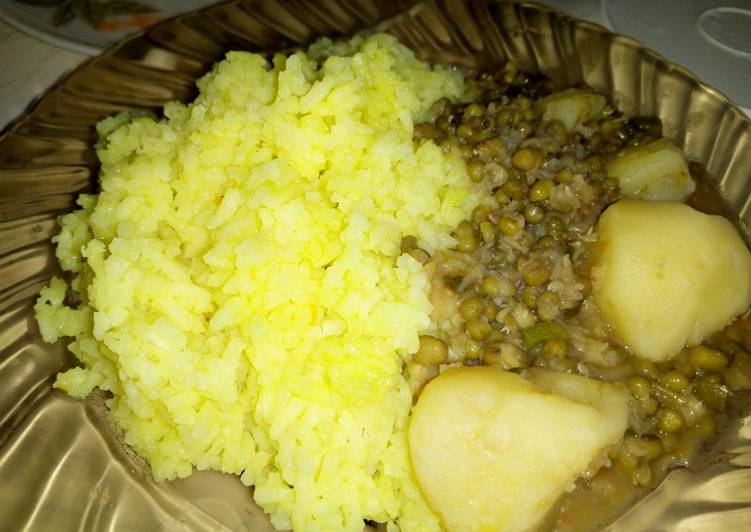How to Easy Appetizing Pojo#4weeks challenge

How to Easy Appetizing Pojo#4weeks challenge Delicious, fresh and tasty.
Pojo#4weeks challenge. Home of Pojo's Famous Card of the Day! Every day we review a new Pokemon Card, a New Yu-Gi-Oh! Card, a new Magic the Gathering Card and a new Cardfight Vanguard Card!
News, advertising and marketing for New York's mid-Hudson Valley including all of Dutchess County from the Poughkeepsie Journal Pojo.com is not responsible for bad trades.
This is the entry point for all of the Trading Forums Now.
YGO News & Gossip (topics not covered in the forums below) Ghosts from the Past.
You can cook Pojo#4weeks challenge using 4 ingredients and 1 steps. Here is how you cook it.
Ingredients of Pojo#4weeks challenge
-
Prepare 1 of onion.
-
Prepare 1 of green pepper.
-
Prepare 2 cups of pre cooked greengrams.
-
It’s of Salt.
POJO:- POJO is a Java object not bound by any restriction other than those forced by the Java Language Specification.
Poughkeepsie Journal obituaries and Death Notices for Poughkeepsie New York area.
Get the latest breaking news, sports, entertainment and obituaries in Providence, RI from The Providence Journal. produces a property called myArrayProperty of type List<String> in the generated Java type.
If items itself declares a complex type ("type" : "object") then the generic type of the List or Set will itself be a generated type e.g.
Pojo#4weeks challenge step by step
- Cook onions for two minutes.Add green pepper and green grams,stir.Add salt and some soup.Cook until ready.Serve and enjoy..
The 'required' schema rule doesn't produce a structural change in generated Java types, it simply causes the text (Required) to be added.
First, we learned a POJO is a Java object that is bound to no specific framework, and that a JavaBean is a special type of POJO with a strict set of conventions.
Then, we saw how some frameworks and libraries harness the JavaBean naming convention to discover a class's properties.
As usual, the examples are available over on GitHub.
POJO stands for Plain Old Java Object.

